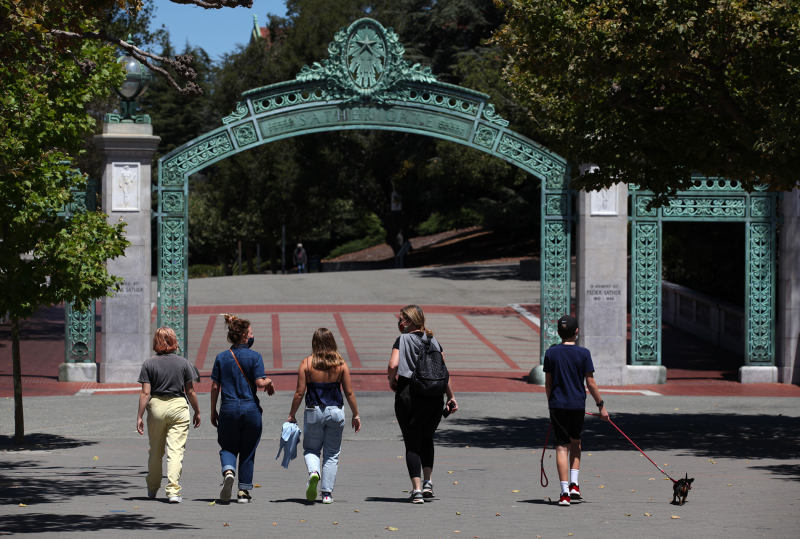Some 10,000 UC Berkeley staffers can expect to see reductions in pay beginning in February to "confront the pandemic’s significant and persistent impacts on our finances," according to a statement issued Tuesday from the university's chancellor.
In her message to campus employees, Carol Christ said the university will implement a year-long program of furloughs starting Feb. 1, 2021 for non-unionized staff and faculty. Unionized staff time will also be reduced.
Christ said the cuts, which are organized in six tiers according to income levels, are meant to protect the lowest-income workers on campus.
"Consistent with our commitment to equity, employees earning less than $59,000 will be exempted, with progressive, graduated reductions up to a top rate of 3.84% for those earning more than $234,000," Christ said in the statement.
The cuts are expected to generate roughly $27 million in savings for the school.

